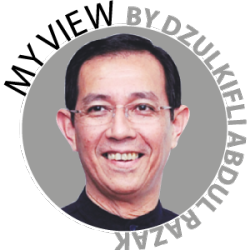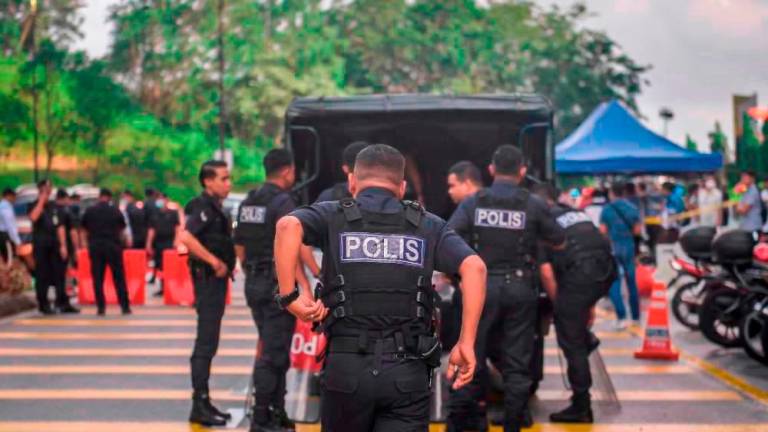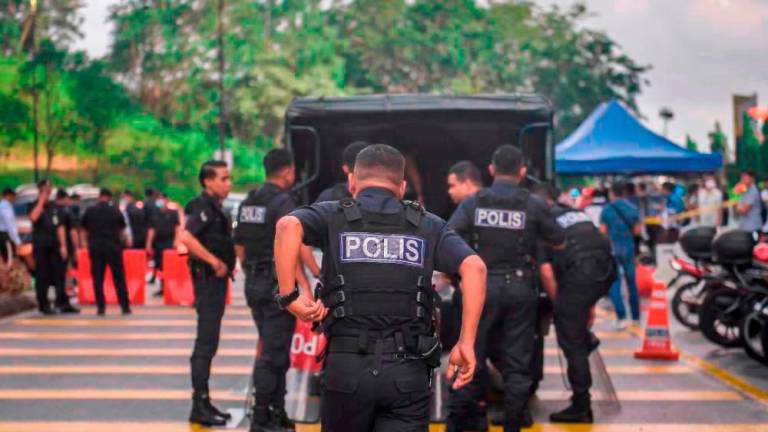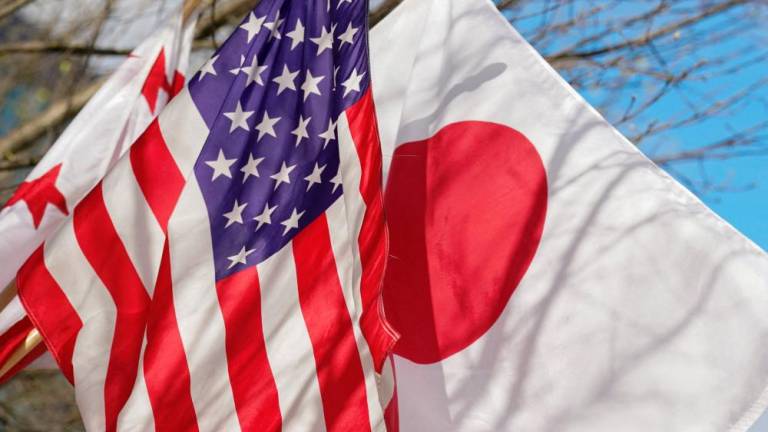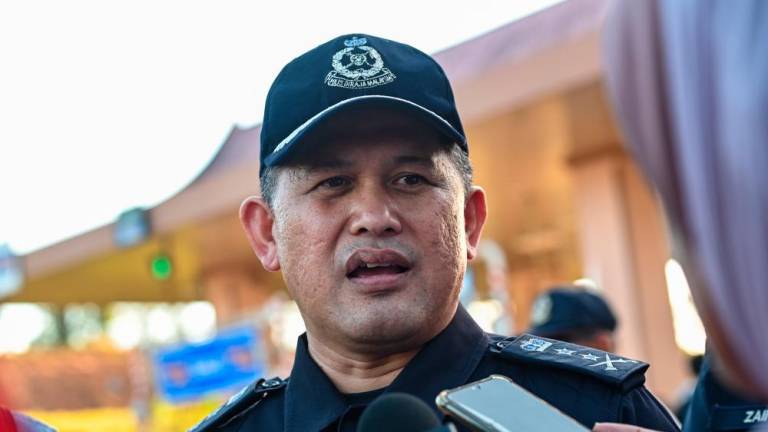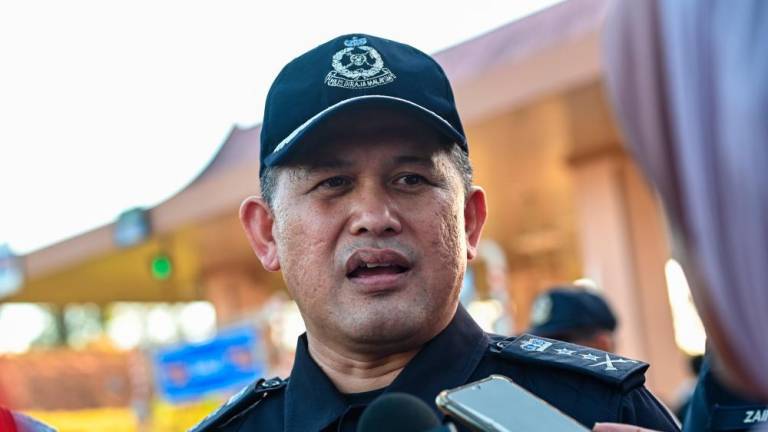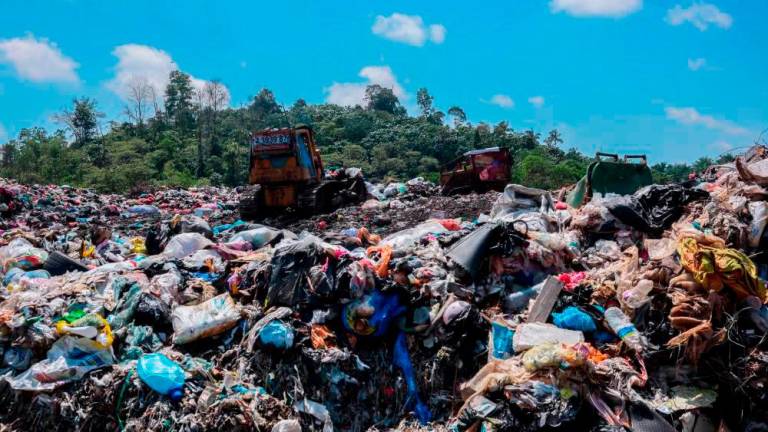I TEND to generally agree with the prime minister’s comment on the unbridled state of corruption plaguing the nation.
However I can only rely on my childhood memories where each time such cases were reported chances were that the involvement of Malays would be minimal, if at all.
As Tun says, it was not part of the culture then in contrast to what we are witnessing today bordering on kleptocracy.
The reason for this is because the word “malu” is so much ingrained into the culture that it becomes almost a deterrent not to be on the take.
“Menconteng arang di muka ibubapa” is enough to incite a strong emotion that makes “malu” an effective firewall.
But that sense of shame has lost its meaning when greed for “prestige” got into the game.
The “malu” factor took a different slant, in reference to a status symbol.
Not having this and that, or falling short of some arbitrary (often self-made) prestigious symbols is the new normal for “malu”.
In fact, it becomes the convenient entry point for corrupt and unethical practices in keeping up with the Joneses.
This describes the current state of affairs many times over.
“Malu” today applies differently, that is, when one is unable to afford some of the so-called “basic” to be recognised and accepted among the select few as framed by some lucrative material standards.
This new normal turns the word “malu” on its head.
At times justified superficially as a political necessity to cling on to “power” falling right into the very trap of “power corrupts, and absolute power corrupts absolutely”.
Welcome to the world of money politics in all its forms where “cash is king” – from the lowest to the highest levels of the political hierarchy.
Horizontally, it works across party lines especially among those belonging to the same coalition endorsing such culture as the winning streak for all intents and purposes.
This has unfolded in front of our very eyes.
Hence I vividly recollect as a teenager what my grandfather reminded me of the two types of people that I must differentiate in navigating the future.
The first are those who genuinely want to assist others as part of their sincere commitment to the nation-building strategy.
The second, however, are those who will only do so to help themselves.
He used the term “hypocrites” to describe the latter.
This group was “unmasked” in another discourse.
Yet, for the longest time I naively thought that they were few and far between.
After all thus far then I had been exposed to many stories of the unsung heroes as role models who gave not only their wealth but also their lives to ensure that we remain independent and sovereign.
Some of them are relatives and some others are within the family circle.
Amazingly, the genuine selfless spirit could be felt and embraced by the younger generation of Malaya Merdeka and later Malaysia Merdeka.
By and large, the feeling is contagious and nurturing another generation of unsung heroes.
Their sense of pride is bolstered by an acute sense of “malu” and of not wanting to embarrass the nation in the eyes of the world come what may.
Often this took the form of “give-and-take” so that peace and harmony was maintained, turned into the beacon of multiculturalism that reduced to a mere community among communities thanks to the calculative colonial policy of divide-and-rule.
Yet it has persisted until today and cast a long shadow in the new human rights polemics as ICERD took centre-stage.
The Saturday outing is evident of this; so too the Sunday response as it were. All said and done, “human rights” is alive and kicking, Malaysia Baru style.
Still some alleged that the Malays are out to embarrass one another.
It may be so but going by the simple observation that my grandfather made, this is nothing new.
Sadly, we are more than 50 years late in our analysis to make any substantial difference.
The “malu” factor is now upside down.
No pronouncement will be able to bring it back as there is little shame left to motivate anyone unlike previously.
It is now no different to what Robert Kuok wrote in his memoir citing how the Chinese while hugging and kissing in public have their daggers half-drawn.
Now it is keris too given the kind of polemic to hypocritically help the Malays in order to help themselves.
The others are not spared either as each is also desperate to survive politically.
Ultimately, Malaysia takes a beating and suffers from an even greater shame in the eyes of the world. Predictably, my grandfather would have quipped: I told you so.
With some four decades of experience in education, the writer believes that “another world is possible”. Comments: letters@thesundaily.com



